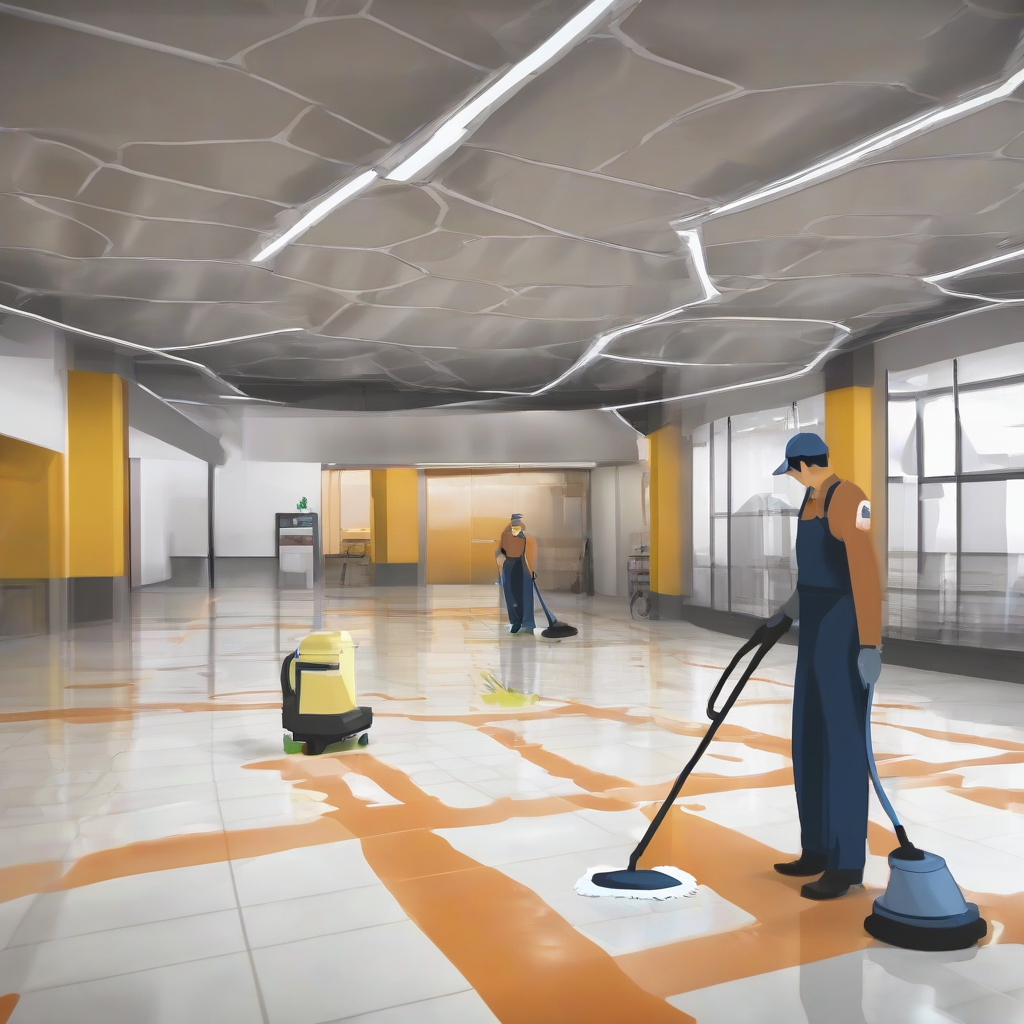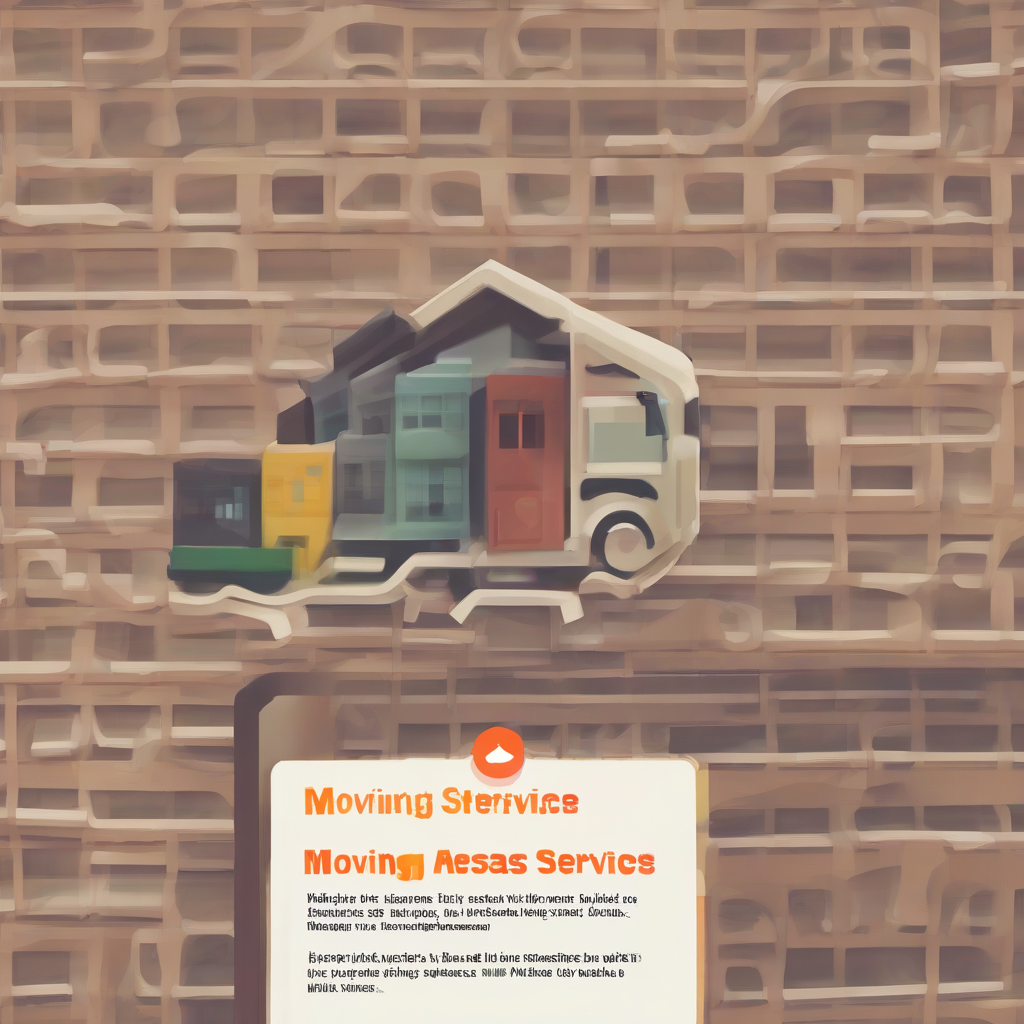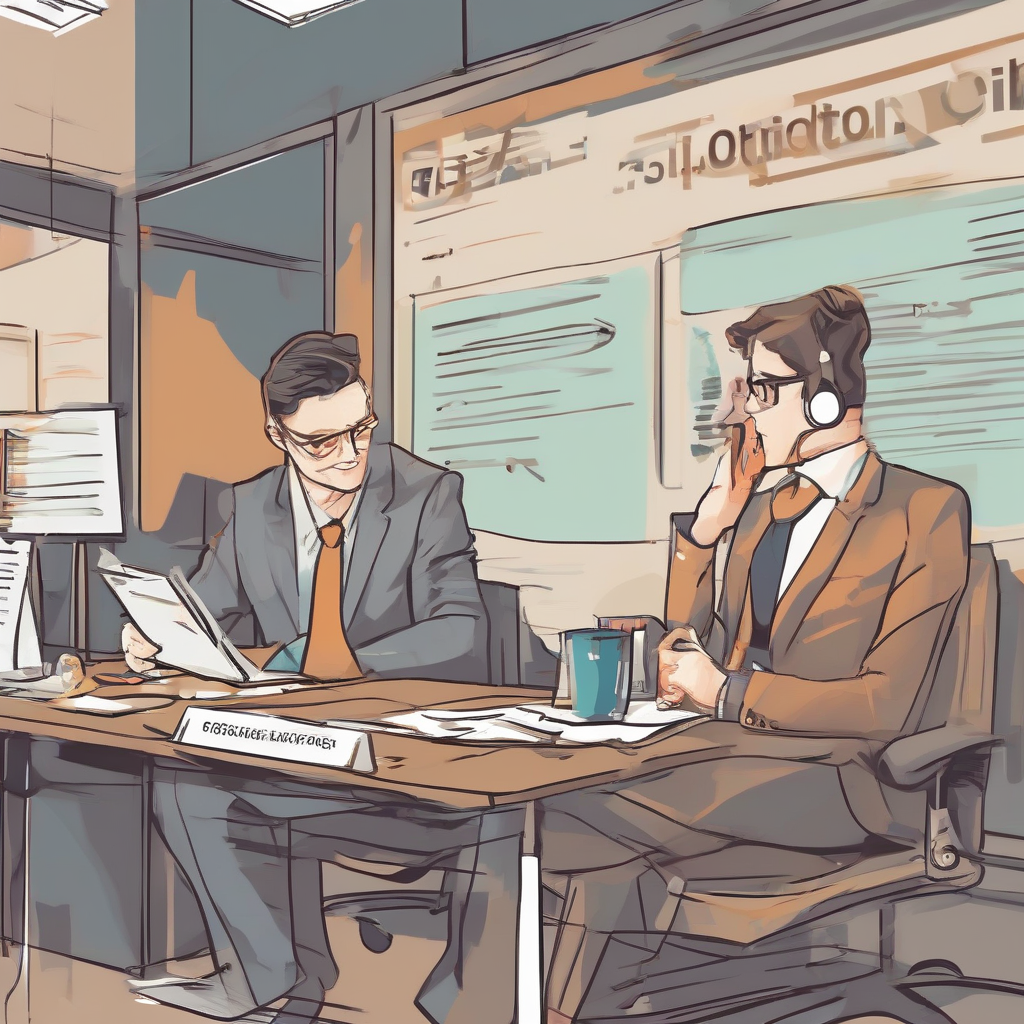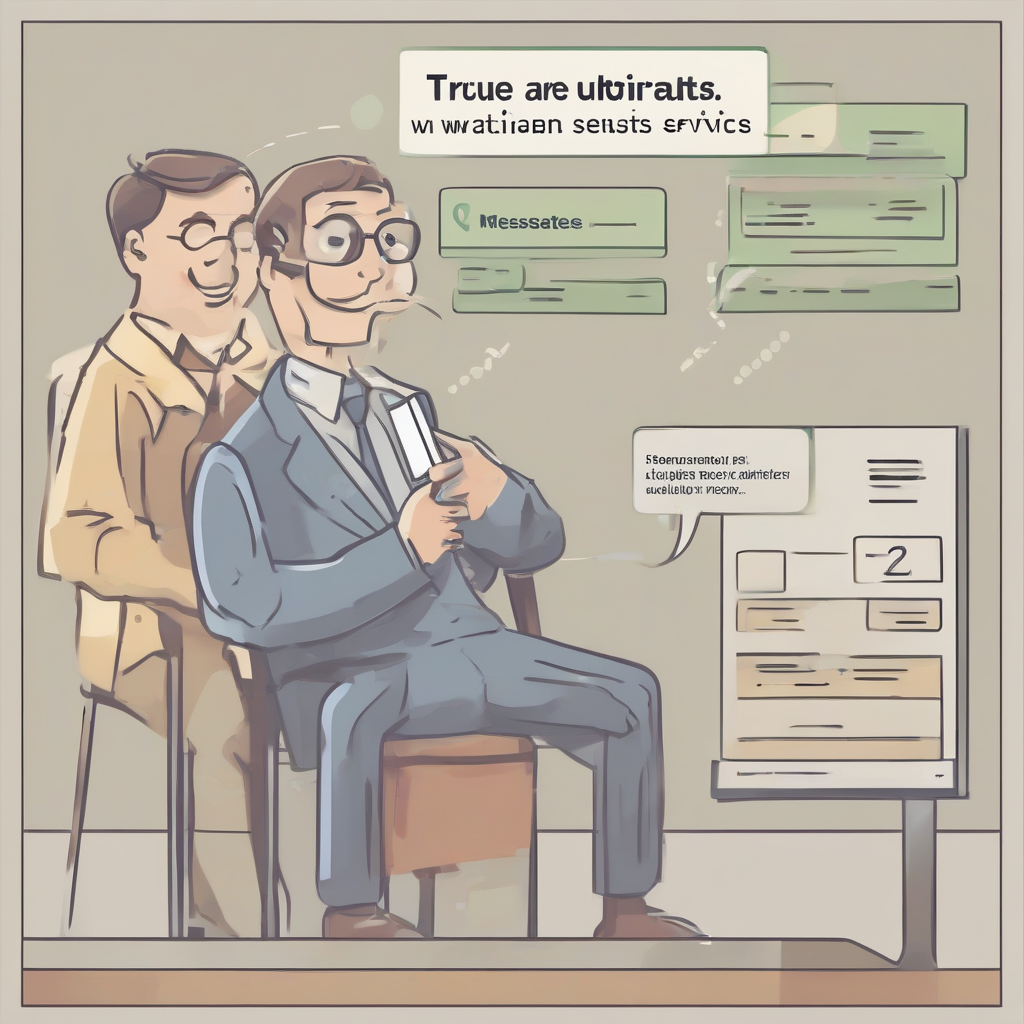Emergency HVAC Services: Your Lifeline in a Climate Crisis
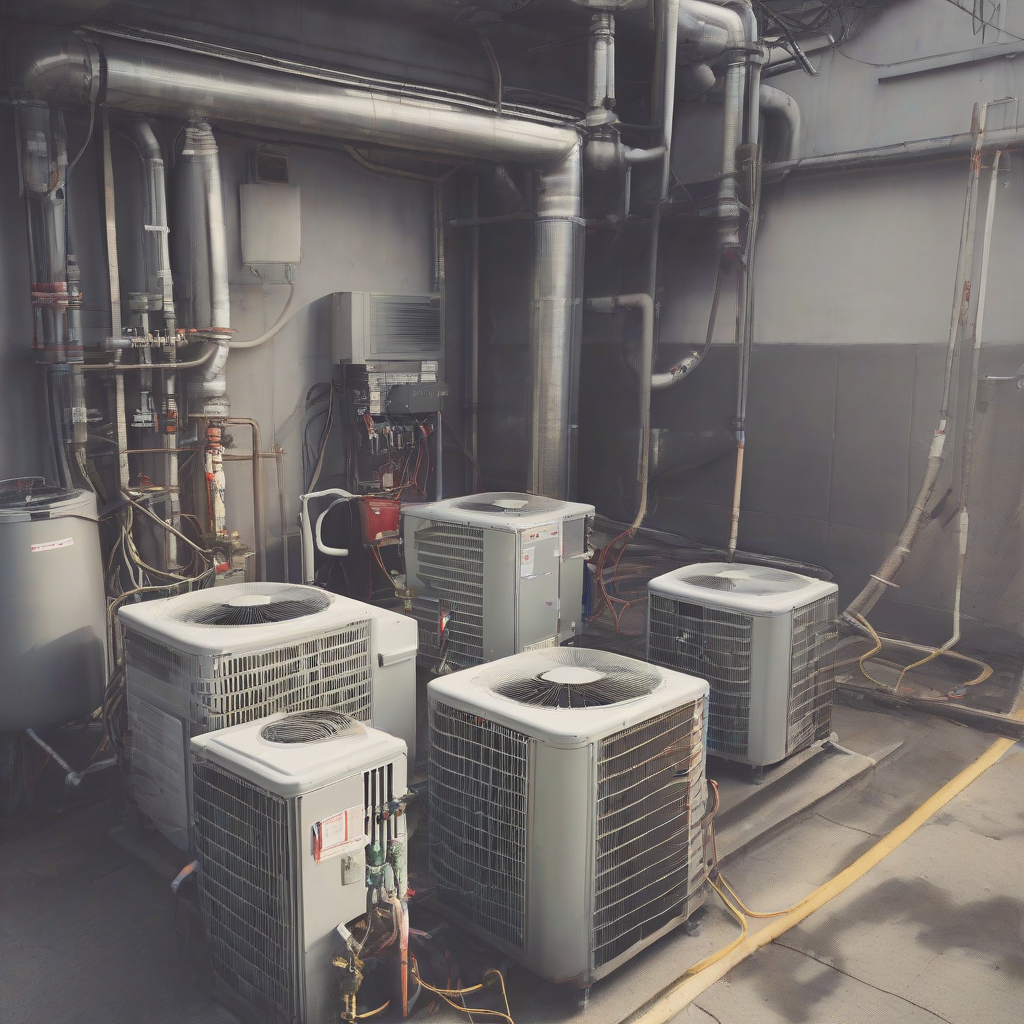
Emergency HVAC Services: Your Lifeline in a Climate Crisis
A malfunctioning HVAC system can disrupt your life, impacting comfort, health, and even safety. In extreme temperatures, a broken heating or cooling system becomes more than an inconvenience; it's a critical emergency. This is where the importance of reliable emergency HVAC services shines. This comprehensive guide explores the vital role of emergency HVAC repair, the situations demanding immediate attention, the factors influencing costs, and how to choose the right service provider to ensure your peace of mind during these stressful situations.
Understanding the Urgency of Emergency HVAC Services
The need for emergency HVAC services isn't always immediately apparent. While a minor drip or a slightly reduced airflow might seem manageable, certain situations demand immediate action. Ignoring these problems can lead to escalating damage, increased repair costs, and potentially serious health risks.
- Complete System Failure: A total breakdown of your heating or cooling system leaves you vulnerable to extreme temperatures, posing risks to health, especially for the elderly, infants, and individuals with respiratory conditions.
- Dangerous Carbon Monoxide Leaks: Faulty heating systems, particularly gas-powered units, can leak carbon monoxide, a deadly, odorless gas. Immediate evacuation and professional repair are crucial.
- Frozen Pipes: Frozen pipes in your HVAC system can lead to costly water damage and repairs. Addressing the issue promptly prevents further damage and potential flooding.
- Electrical Fires: Electrical shorts or malfunctions within your HVAC system present a serious fire hazard, requiring immediate professional attention.
- Significant Water Leaks: Leaks from the system's condensate drain line can lead to significant water damage within your home or business, requiring prompt repair to prevent mold growth and structural damage.
- Extreme Temperature Fluctuations: Uncontrollable temperature swings, either excessively hot or cold, indicate a serious problem that necessitates emergency intervention to maintain a safe and comfortable environment.
- Unusual Noises: Loud banging, grinding, or squealing sounds from your HVAC unit are warning signs of potential mechanical failure and should be addressed immediately before further damage occurs.
Factors Affecting the Cost of Emergency HVAC Services
The cost of emergency HVAC services can vary considerably based on several key factors. Understanding these factors empowers you to make informed decisions and avoid unexpected expenses.
- Time of Day/Day of the Week: Emergency services often charge higher rates for after-hours or weekend calls due to increased demand and overtime pay for technicians.
- Type of Repair: Simple repairs, like replacing a faulty capacitor, will generally be cheaper than complex repairs involving major component replacements or system overhauls.
- Part Costs: The cost of replacement parts can significantly impact the overall repair bill. Genuine manufacturer parts often cost more than aftermarket alternatives, but offer better reliability and warranty coverage.
- Labor Charges: Labor costs are a major component of the final bill. The complexity of the repair, the technician's experience, and the duration of the work will all influence labor costs.
- Location: Geographic location plays a role in determining prices, with urban areas typically charging higher rates due to higher operating costs and greater demand.
- Company Reputation and Experience: Established companies with a strong reputation often charge more, but this usually reflects their higher expertise, better warranties, and superior customer service.
Choosing the Right Emergency HVAC Service Provider
Finding a reliable emergency HVAC service provider is crucial during a crisis. Don't wait until you have a problem to start researching your options.
- Check Online Reviews and Ratings: Reputable review sites provide valuable insights into the experiences of previous customers. Look for consistent positive feedback regarding responsiveness, professionalism, and quality of work.
- Verify Licensing and Insurance: Ensure the company and technicians are properly licensed and insured to protect yourself from potential liabilities in case of accidents or damages.
- Inquire about Emergency Service Availability: Confirm their availability for 24/7 emergency services and their response time guarantees.
- Get Multiple Quotes: Contact several companies to obtain multiple quotes and compare pricing, services offered, and guarantees.
- Ask about Payment Options: Clarify their payment methods to ensure you can manage the expenses comfortably, particularly during an unexpected emergency.
- Check Warranties and Guarantees: Inquire about the warranty coverage on parts and labor to protect yourself against future issues.
- Ask about Technician Experience and Qualifications: A qualified and experienced technician is crucial for efficient and effective repairs.
- Look for Transparency in Pricing: A reputable company will provide a clear and detailed breakdown of costs upfront, avoiding hidden fees or surprises.
Preventing HVAC Emergencies
While emergencies can happen unexpectedly, proactive maintenance significantly reduces the risk of costly breakdowns.
- Regular Maintenance: Schedule annual maintenance checks to identify and address minor issues before they escalate into major problems.
- Air Filter Changes: Regularly replace air filters to ensure optimal airflow and prevent strain on the system.
- Inspect Ductwork: Check for leaks or damage in the ductwork that can reduce efficiency and cause problems.
- Monitor System Performance: Pay attention to unusual noises, temperature fluctuations, or reduced airflow, and address them promptly.
- Professional Inspections: Consider periodic professional inspections to identify potential issues before they cause major problems.
Preparing for an HVAC Emergency
Being prepared for an HVAC emergency can minimize stress and potential damage.
- Keep a List of Emergency Contacts: Have a list of reliable HVAC service providers readily available.
- Know Your System: Familiarize yourself with your HVAC system's components and their locations.
- Have a Backup Plan: Consider alternative heating or cooling options for temporary use in case of a system failure, such as portable units or seeking shelter elsewhere.
- Document Your System: Keep records of maintenance schedules, warranties, and previous repairs for easy access during emergencies.
The Importance of Prompt Action
Delaying repairs when facing an HVAC emergency can lead to significant consequences. Prompt action is crucial to minimize damage, prevent further complications, and ensure a safe and comfortable living environment. Ignoring problems can lead to escalated costs, potentially unsafe conditions, and significant inconvenience.
From total system failures and dangerous carbon monoxide leaks to frozen pipes and electrical hazards, the reasons for needing emergency HVAC services can be critical. Understanding the urgency, researching reputable providers, and implementing preventative maintenance are key to navigating these situations effectively and protecting your well-being and property.
Remember, a functioning HVAC system is essential for maintaining a safe and comfortable living environment. Don't hesitate to call for emergency services when you encounter any signs of trouble. Your comfort and safety are paramount.
What's Your Reaction?








